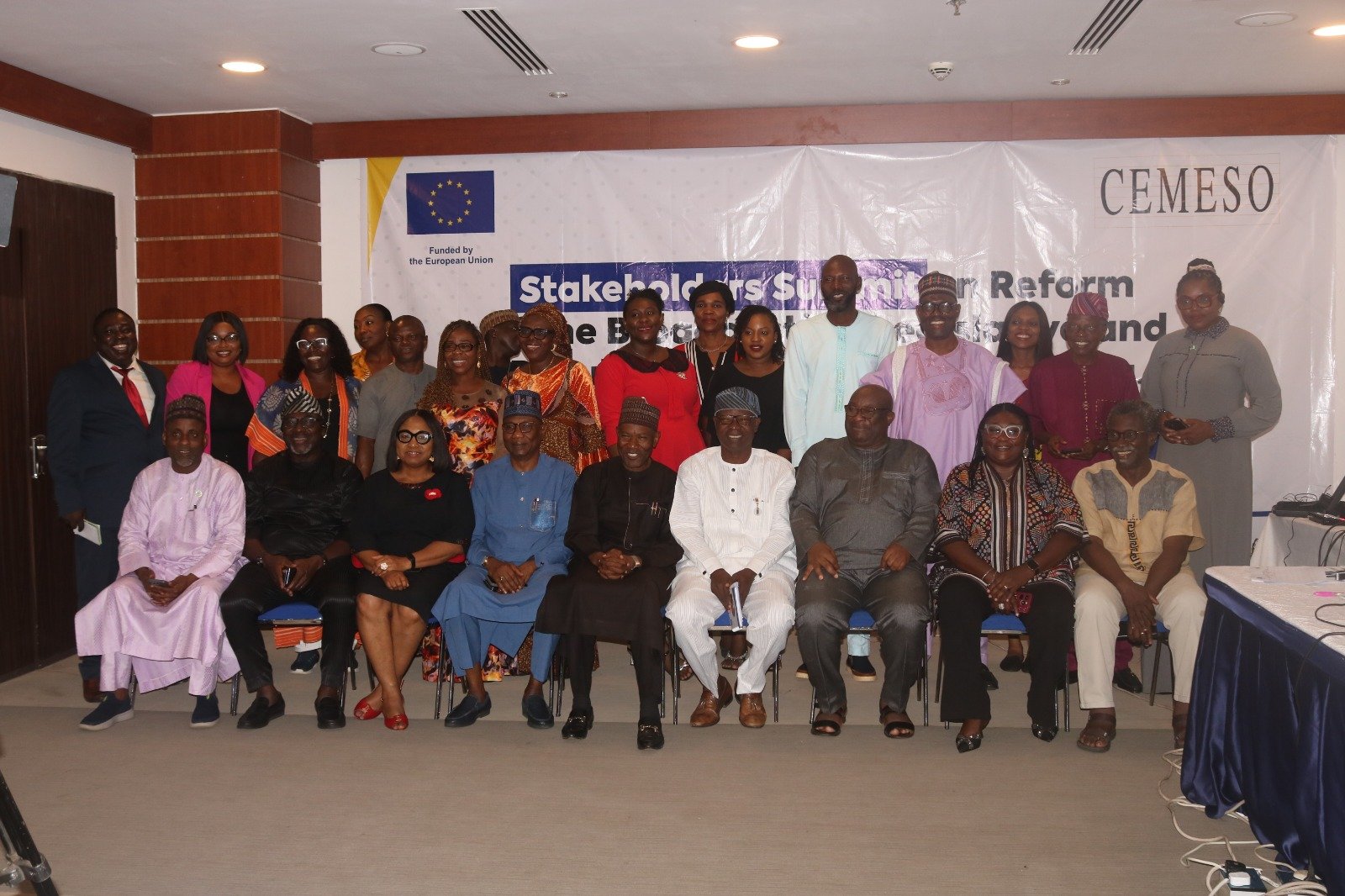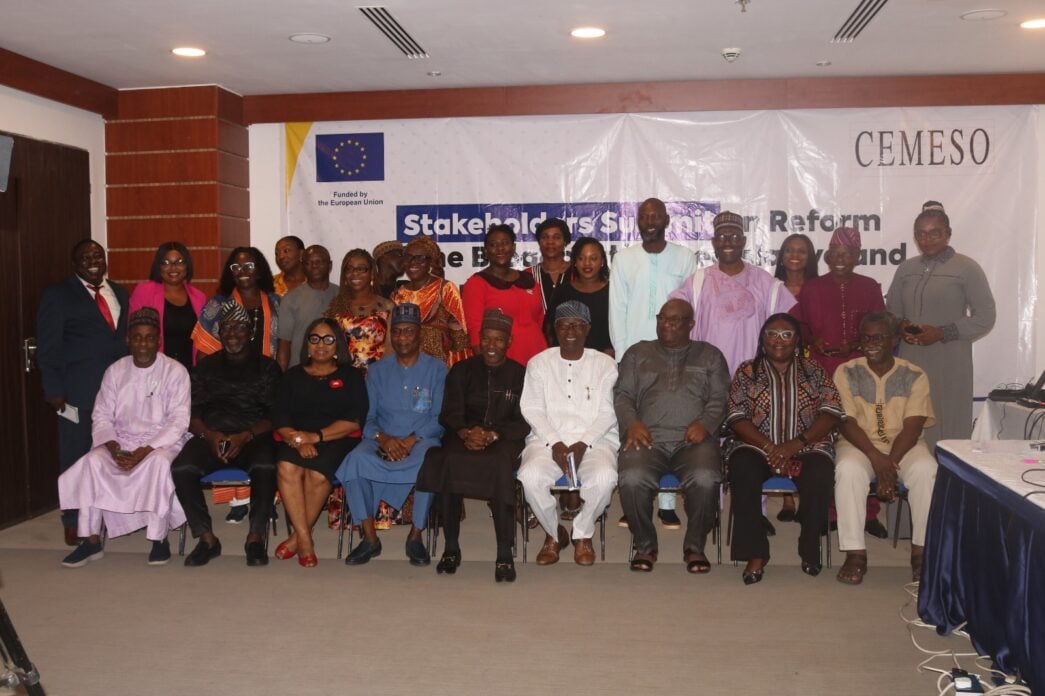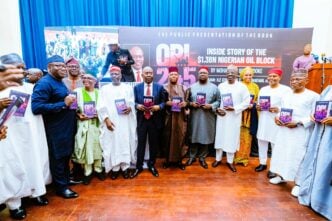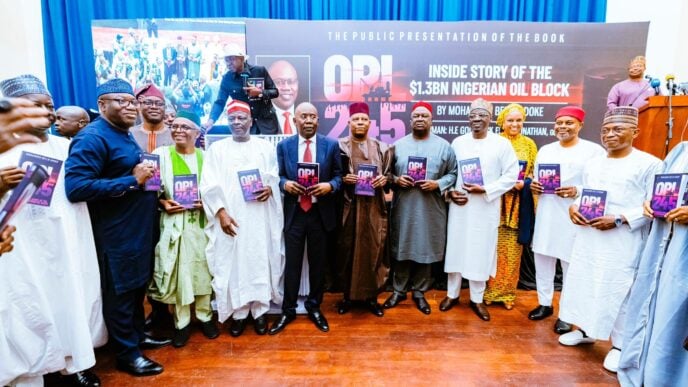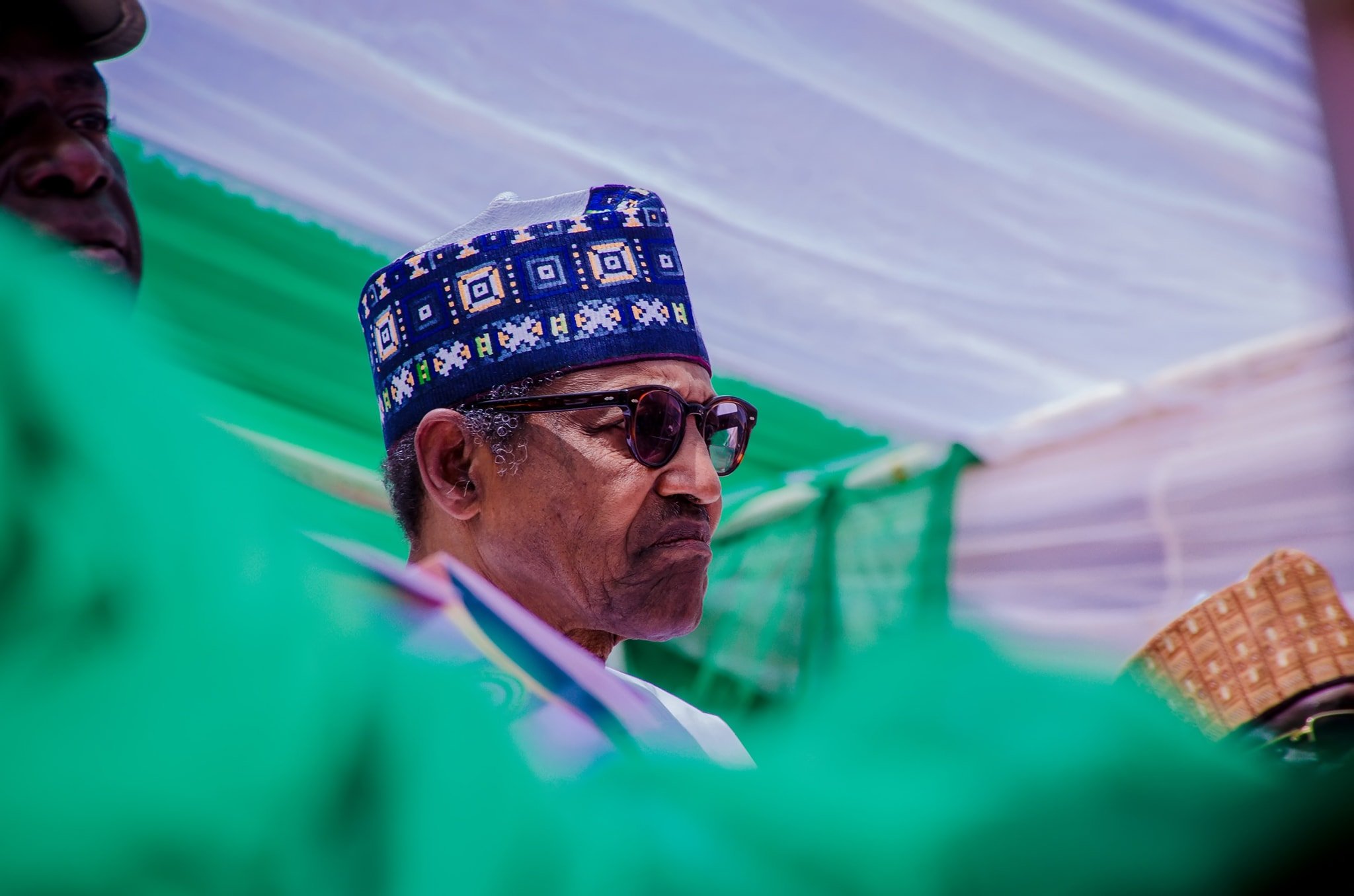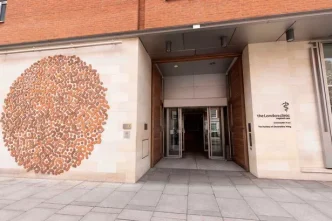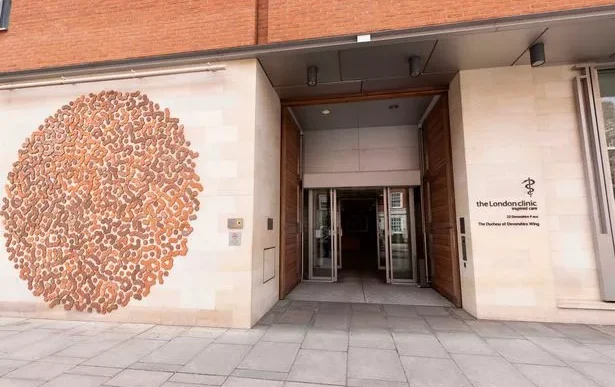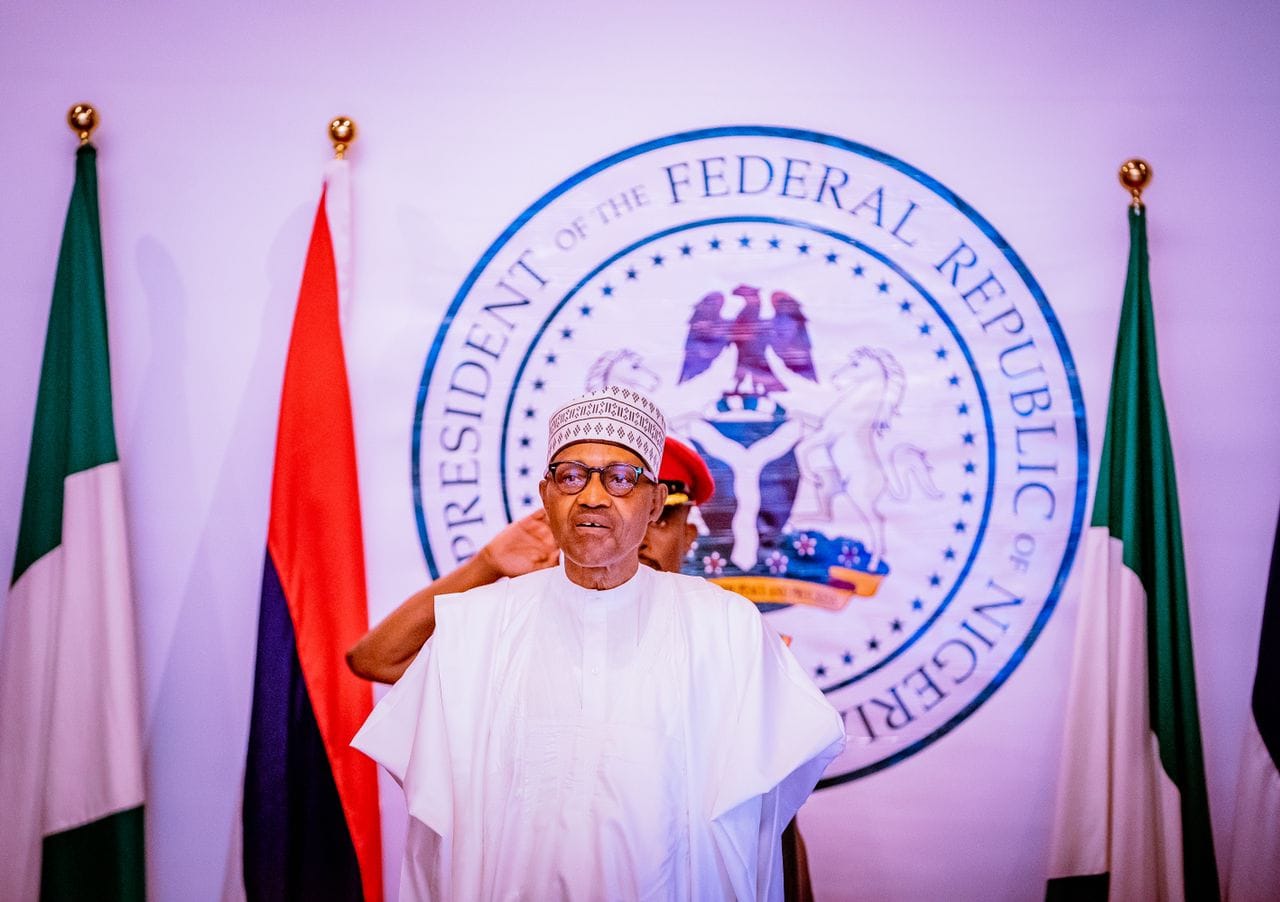I have my respect for people who consign things to intellectual discourse in order to earn deserved results. They democratise contributions and provide ideas to flagellate intransigent presentations, myopia and even subterraneously sponsored positions in order to present a truth that renews the society. The Centre for Media and Society (CEMESO) provided such an opportunity last week.
CEMESO holds no broadcast license but, as a non-governmental organisation (NGO), remains a primary stakeholder concerned with the efficient running of the nation’s broadcast ecosystem through ensuring that the legal framework provides enough structure to hold up the system. So, with financial support from the European Union, CEMESO gathered a constellation of personalities from diverse backgrounds for a Stakeholders’ Summit on Reform of the Broadcasting Legislative and Regulatory Framework in Nigeria.
Such action was like restoring order to a chaotic system or trying to make sense of a bedlam. At the moment there are four different bills in the National Assembly, all of them focusing on the broadcast industry and the NBC Act, giving the impression of everybody trying to have a piece of a fallen elephant. Thankfully, although the industry is challenged, it has not fallen yet. CEMESO provided a platform for a dispassionate discussion of the various bills in order to present an informed position to the National Assembly.
There are three bills from the House of Representatives and another from the Senate. The bills include: National Broadcasting Commission (Amendment) Bill, 2023 (HB.620, National Broadcasting Commission (Amendment) Bill, 2023 (HB.1270), and National Broadcasting Commission (Amendment) Bill, 2003 (HB, 2039). National Broadcasting Commission (Repeal and Enactment) Bill, 2023 (SB. 134) is in the upper house – the Senate.
Advertisement
CEMESO made a forensic presentation on the bills in order to put enough stuff in the basket for participants, including academics, regulators, broadcasters and other stakeholders.
Here are some insights into the bills:
Bill HB 620 seeks to amend Section 14 of the NBC Act to mandate that all funds received by or on behalf of the Commission be paid into the Federation Account within 24 hours of receipt or by the next working day.
Bill HB 1270 proposes a fundamental shift in Nigeria’s broadcasting framework by mandating that all satellite and cable television subscriptions be offered on a “Pay As You Watch” (PAYW) basis.
Advertisement
Bill HB 2039 Introduces new regulatory powers that would empower the NBC to develop and enforce codes of practice on market conduct, competition, and content acquisition. It prohibits exclusive licensing arrangements that restrict access to broadcast rights, particularly where such rights enjoy significant public interest.
Bill SB 134 seeks to repeal the existing National Broadcasting Commission Act, No 11, Laws of the Federation of Nigeria, 2004, and enact a new legal instrument that addresses the dynamic realities of today’s media and communications landscape . It aims to provide for the transition from analogue to digital transmission of broadcasting services, and to promote quality audio and video delivery, and the efficient management of the spectrum.
The diversity of the bills are clearly indicative of the plethora of interests in the sector, from subterranean to genuine concerns for the industry. For two days, these issues and even more, were carefully discussed and debated with each contributor trying to express an advantage considered fitting for the industry. The issues also revealed wider divergences of opinions, some not too far away from ignorance and grandstanding.
For instance, industry issues like Pay As You Watch and exclusivity of content look more commercial than regulatory, while the lingering migration from analogue to digital television, in what is called the digital switchover (DSO), to me, is more deserving of regulatory intervention because of the far-reaching implications beyond expected benefits.
Advertisement
From the foregoing, it is clear that apart from the bill at the Senate which seeks a repeal and reenactment of the NBC Act, the other bills focused on an aspect of the industry in what they describe as amendment. Apart from lack of depth, the bills appear too superficial to deal with the complexity of the broadcast industry which gets daily complicated with new technologies. There was general agreement that the current law is too inadequate to cope with arising issues in the industry.
It was therefore expected that the first item in the 13-point communique was a call for the harmonisation of all relevant Bills relating to broadcasting and the regulator of the sector, which are pending before the respective chambers of the National Assembly. The NBC was also requested to present its proposals for reform to stakeholders for their input to ensure synergy within the industry. There is the need to bring the chaos surrounding the bills under control.
From the discourse, it was clear that a stronger NBC will be better for the broadcast industry and even for the nation, both in terms of quality of broadcast output and the economic viability of the sector. The NBC team led by Charles Ebuebu, the Director-General, was there to make their input, and so were the chief executives of the government broadcast stations. Nobody wanted their hair shaved on their behalf.
Apart from the documentation presented by CEMESO, Media Scholar and Vice Chancellor of the Federal University, Gombe, Prof Umaru Pate, in his keynote, titled: Changing Dynamics in the Broadcast Sector, gave a rich tapestry to further the understanding of those in attendance.
Advertisement
For him, the Nigerian broadcasting sector faces critical reform needs, driven by the digital revolution and evolving information landscape. Key issues awaiting reform include addressing funding and technology gaps, improving content quality and credibility through stringent fact-checking and adherence to professional codes, and reforming existing laws to facilitate the sector’s transition. Additionally, there is pressing need to foster independence for broadcasters to investigate public officials, promote media literacy, encourage collaboration among professionals, and embrace innovation to adapt business models and ensure the industry’s reach, relevance, reputation, and resilience.
Nobody could fault Pate on his presentation, except for all the points to be aggregated and even more, and channeled into a communique that could serve as some kind of message in a bottle to the National Assembly for their consideration in giving the NBC and the broadcast industry a new life.
Advertisement
Here is an except from the communique signed by Dr Akin Akingbulu, Executive Director for CEMESO:
“The NBC Review Bills should, among other things, strengthen the institutional independence and effectiveness of the NBC by empowering the Commission to be the final authority for the issuance and revocation of broadcast licenses, as the case may be, with transparent administrative procedures and subject to judicial review.
Advertisement
“The appointment of the Board and Director General should be subject to confirmation by the Senate of the National Assembly to enhance the legitimacy and independence of the Commission. In addition, Board members and the Director-General may only be removed from office before the expiration of their terms for inability to discharge the functions of their respective offices as a result of infirmity of mind or body or for misconduct and upon confirmation by two-thirds majority of the members of the Senate.
“The Federal Government should expedite action on the transition from analogue to digital broadcasting (digital Switchover) while the emerging legal framework should take into consideration the impact of emerging technologies, and ensure compliance with the directives of the International Telecommunications Union (ITU).”
Advertisement
A strong case was made for the financial autonomy of the regulator, for government stations funded with public funds to be transformed to public service broadcasters, free from political pressure; for the President, in the interim, to delegate executive power to grant license to the Commission, and a review of the administration of the Digital Access Fee and the establishment of a Broadcast Media Trust Fund, among others.
Without a doubt, the broadcast sector and the regulator need help, and their plight is not assuaged by the narrow vision demonstrated in some of the bills which focussed on a shade of the sector. CEMESO has sent a well-considered message from the stakeholders meeting. It is my prayer that the National Assembly will have the ppresence of mind to review the content dispassionately. And act with speed!
Views expressed by contributors are strictly personal and not of TheCable.

